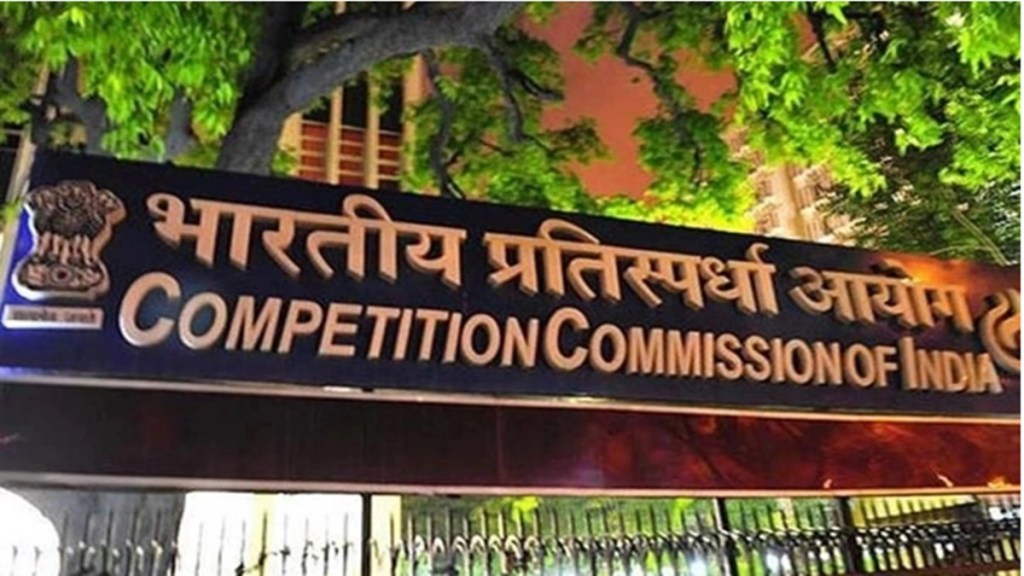The government’s reported plan to keep cartels and collusive behaviour like bid rigging out of the settlement mechanism under the Competition Amendment Bill is a welcome rethink. The parliamentary standing committee on finance had recommended expanding the settlement mechanism to cover cartels, but a Mint report says that the Bill that is to be presented in the Budget session of Parliament may retain the provision to limit negotiated settlements to abuse of dominance cases and anti-competitive agreements barring cartels. The Centre, though, will likely provide for compensation to those affected by entities that settle antitrust cases against themselves in the Bill, as the committee had recommended. Cartelisation is widely acknowledged by competition regulators to be a serious offence, undermining competition in a jurisdiction through “insidious collusion among competitors”, as stated by the Organisation for Economic Co-operation and Development.
In any case, competition regulation in India already provides for leniency. Though cartelisation is a serious offence as per the competition law, Section 46 of the Competition Act and the Competition Commission of India (Lesser Penalty) Regulations provide that leniency. The competition regulator can impose a penalty of up to three times the profit earned by a cartel member for each year it remained a part of the cartel agreement or 10% of its turnover in such years, whichever is higher. The leniency provisions are proposed to incentivise whistle-blowing by cartel participants, who can then assist the regulator in cracking down on such anti-competitive behaviour. But giving further leniency in terms of inclusion in the settlement mechanism creates a moral hazard, leading to “cartelise first, settle later”.
Also read: Adani shares slip on MSCI review
The advocates of the inclusion of cartels in the settlement mechanism point to, among other things, the delays in resolution of anti-competitive “behavioural” matters. They say including cartels will allow for faster resolution of cases. It is true that there are significant delays—an analysis by AZB Partners says that Competition Commission of India (CCI) took nearly four years on average for the final decisions it issued in antitrust cases in 2018. This is likely to have gotten worse after the pandemic, given the increasing backlog, from the investigation level to the appeals level. To illustrate, 59 director-general investigations were pending at the start of the year 2020-21. This came down to a mere 58 at the end of the year, with 21 new probes ordered and 22 completed. And against an opening balance of 253 appeals against CCI orders at the National Companies Law Appellate Tribunal on April 1, 2020, there were 285 pending on March 31, 2021. That said, most developed jurisdictions believe the impact of cartelisation on the consumer can be of such magnitude that some cases deserve to be treated as criminal offences with prison terms.
Also read: Mukesh Ambani’s 4 convincing reasons for faith in India’s very strong growth
The Canadian competition regulation framework provides for a maximum of 14 years of imprisonment for cartelisation while that of the UK provides for a sentence of five years. The US also treats some forms of cartelisation as a criminal offence, though it enforces a regime similar in spirit to India’s leniency programme. Thus, more effective enforcement of the leniency programme may be a better way for India, which treats cartelisation as a civil offence. It needs to be kept in mind that the effects of cartelisation are much too large for the country to create further room for participants to wriggle out of punishments that act as deterrents.


